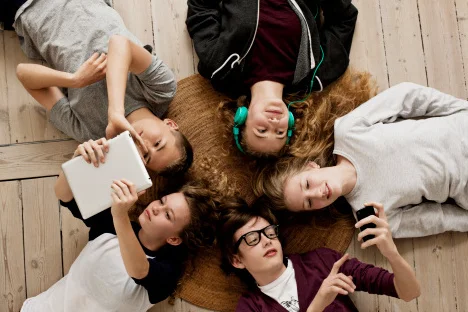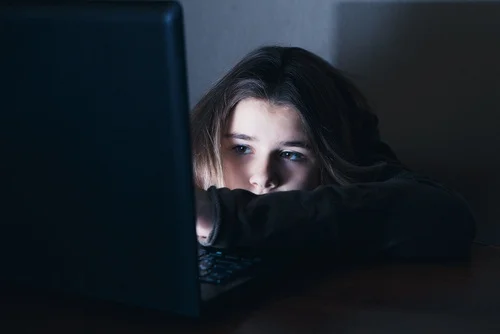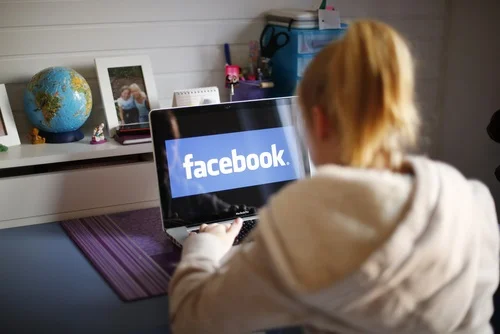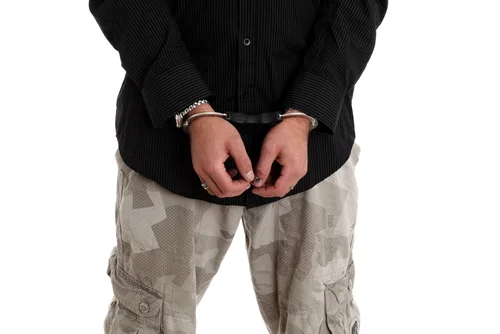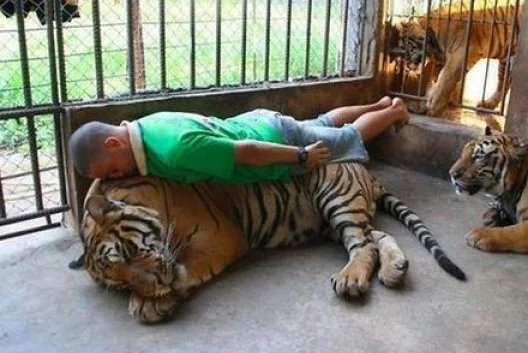+1 845 259 2974 (11 a.m to 7 p.m CST)
How the selfie culture can damage teens

Danny Bowman was obsessed with the way he looked. Giving way too much importance to the like and comment feature on Facebook, the 19-year-old British was constantly in search for a perfect selfie, taking 200 of them on one particular day, desperate for the approval and appreciation of his peers. The obsession began to consume him, making him lose 105 pounds, dropping out of school, locking himself inside his house, and even driving him to the verge of suicide, though he managed to survive an overdose of pills. He lost everything from his friends and education to his health and nearly life. Unfortunately, this case is only the tip of the iceberg. Psychologists suggest that young people are developing inappropriate level of self-awareness at a much earlier age. This, combined with the growing trend of selfies among teens is raising their susceptibility to low self-esteem, depression and cyberbullying. In order to keep the self-confidence of kids from dropping and find an answer to how to prevent cyber bullying, it’s important to understand the true magnitude of the problem.
Selfies and self-esteem
The rising trend of selfie culture among young people is mainly associated with their constant and at times desperate quest to seek approval and appreciation of their peers. By posting selfies on social media, they anxiously wait to see the response of their peers, hanging their self-worth on the amount of likes and comments they receive. Not getting the sort of response they’d hoped for doesn’t only have the potential to make them feel embarrassed, but may also be damaging to their self-confidence, consequently driving them to depression. An inadequate response also leaves them vulnerable to the risk of developing Body Dysmorphic Disorder, a chronic mental condition that causes the sufferer to obsess over the perceived flaws in their looks and body.
Increased susceptibility to cyberbullying
Selfies are not just toxic for the self-esteem of teens, but also for their online safety. Desperately seeking the approval and appreciation of their peers can leave them susceptible to cyberbullying. The perceived freedom to say whatever they want online and, in case of certain social media sites, anonymity lead some kids to post hateful remarks and abuses without taking the implications of their words for the person on the other side of the screen into consideration. Words such as fat and ugly are thrown around casually. Desperate for attention and approval, some teens tend to post sexualized selfies of themselves online, which exposes them to an even greater risk. Not only do they find themselves more vulnerable to the cyberbullies, but they also end up attracting the attention of online predators.
Talking selfies with teens
Taking the implications of selfies into account, parents need to sit down with their kids and talk about it. Explain to them that while there’s nothing wrong with taking selfies every now and then, obsessing with it is a problem. They should help their offspring realize that they don’t need the approval of others to assess their looks. Help them grow more confident about their looks and body so that they don’t feel tempted to have these things judged by others. It is also important to make teens realize that putting selfies on social media can attract both positive and negative comments because of the free and often anonymous nature of the Internet. Mostly important, parents should remind their young ones that whatever pictures they upload on the Internet may be seen by many people, including people they don’t know, people they don’t like, and most importantly, people who are dangerous.
Taking selfies is not necessarily a bad thing. However, obsession with the trend is what teens and parents need to be wary of. It is also important for kids to realize that who they’re inside is far more important than what they look like on the outside.
https://www.dailymail.co.uk/sciencetech/article-2401017/Selfies-damaging-leave-young-people-vulnerable-abuse-claims-psychologist.html


